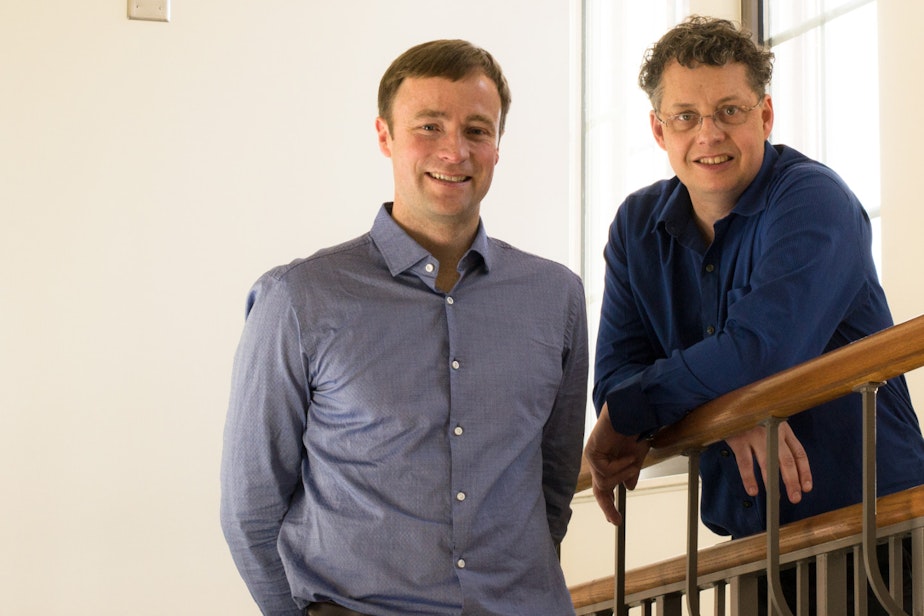UW research center to tackle the problem of fake news

Ahead of the 2020 election, the University of Washington has launched an interdisciplinary center that will study the spread of misinformation and disinformation online.
The new Center for an Informed Public will do three things: identify false information online, study its effects on people's behavior or voting, and educate the public about the news they take in.
It's one of five long-term research centers at universities around the country, paid for by a $5 million grant from the Knight Foundation. The other centers are based at George Washington University, Carnegie Mellon University, University of North Carolina at Chapel Hill, and New York University.
Ryan Calo, a UW law professor and one of the co-directors of the center, said they hope to publish online tools to help people decipher a suspicious article or online post.
"What they're seeing, what the motivations are of the speaker, what the provenance is of the information," Calo said, "and to get people to think critically: 'Why is this being shown to me? What is hoped to be accomplished?'"
Some specific misinformation tactics the center will focus on are deep fake videos (manipulated videos that make a person appear to say something they actually did not) and online bots that spread false news stories.
Sponsored
At a launch event Tuesday, UW president Ana Mari Cauce announced the center will partner with Washington State University to collaborate on researching the spread of misinformation.
Center director Jevin West said the school will also host town halls around the state to hear from the public.
The first will be at Town Hall Seattle in January.




